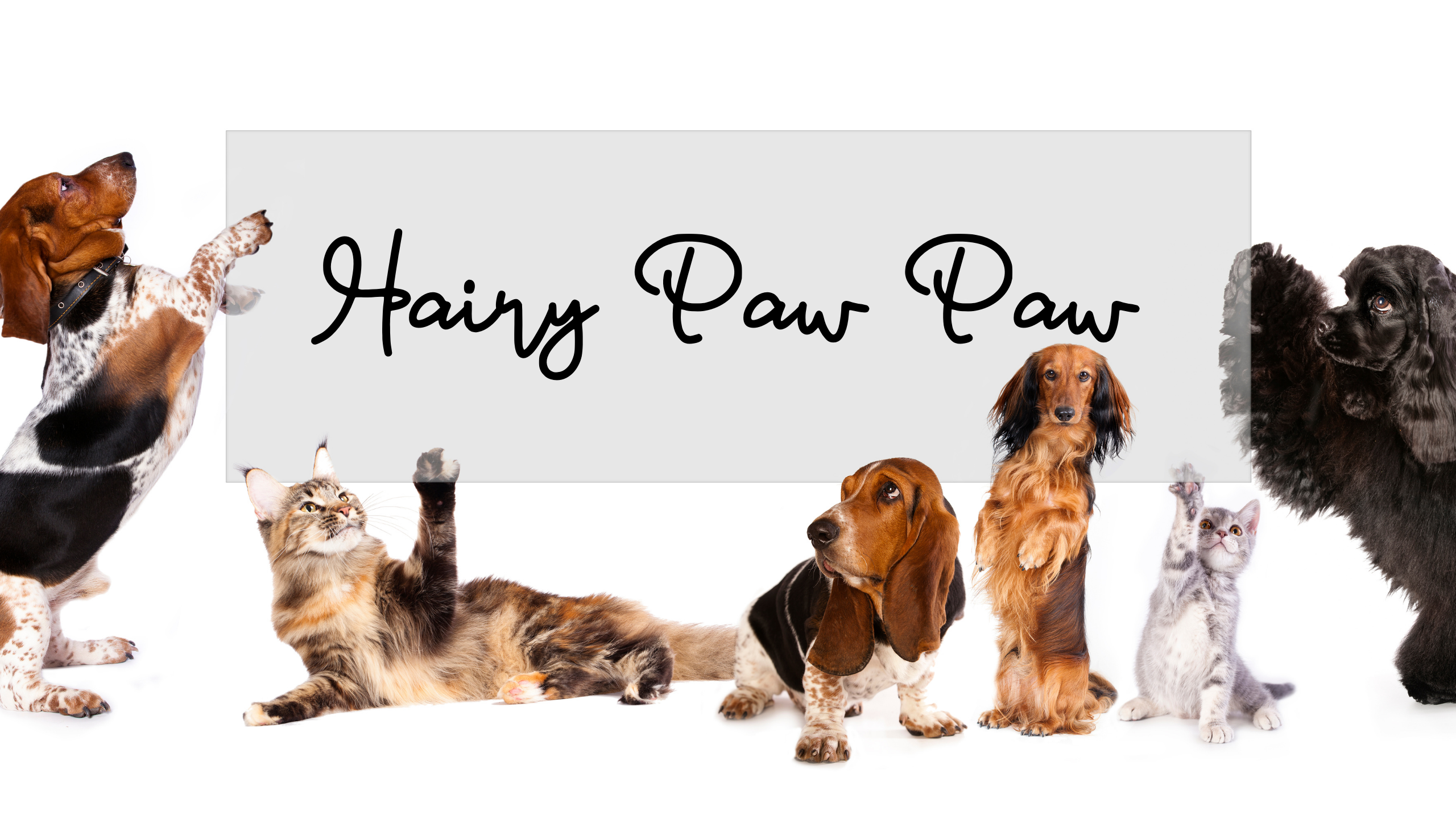This “How to Feed Your English Bulldog for Optimal Health” post may contain affiliate links, which means I’ll receive a commission if you purchase through my link, at NO EXTRA COST TO YOU
How to Feed Your English Bulldog for Optimal Health
English Bulldogs are well-known for their muscular build, distinct appearance, and laid-back personalities. But despite their relaxed demeanor, these dogs require a balanced, nutritious diet to maintain their health and energy levels. Knowing how to feed your English Bulldog properly is essential for preventing obesity, managing health issues, and promoting overall well-being. This comprehensive guide will show you exactly how to feed your English Bulldog for optimal health, including tips on portion sizes, ideal food choices, and feeding schedules.

Why Diet Matters for Your English Bulldog
Before diving into specific foods, it’s important to understand why diet plays such a crucial role in your Bulldog’s health. Bulldogs, despite their cute and chubby appearance, are prone to specific health conditions such as joint problems, obesity, and heart disease. In addition, they have a tendency to overeat, which can lead to weight gain if you don’t control their diet. By providing the right balance of nutrients, you can help your Bulldog avoid these common health problems and live a long, happy life.
What to Feed Your English Bulldog
- High-Quality Protein Bulldogs thrive on high-quality protein sources, which help build and repair muscles. You should choose dog food with animal-based protein like chicken, turkey, or beef. These proteins are rich in amino acids and essential nutrients. For instance, chicken provides lean protein, while beef offers important vitamins like B12 and zinc.
- Healthy Fats for Energy Your Bulldog needs fats for energy and to support healthy skin and coat. However, too many unhealthy fats can lead to obesity. Opt for foods that contain omega-3 and omega-6 fatty acids, which promote a shiny coat and reduce inflammation. Fish oil, flaxseed, and chicken fat are excellent sources of healthy fats for your Bulldog.
- Fiber-Rich Carbohydrates Carbohydrates should be part of your Bulldog’s diet in moderation. They provide energy, aid digestion, and help regulate blood sugar levels. Brown rice, sweet potatoes, and oatmeal are great sources of fiber. These foods support gut health and prevent digestive issues like constipation, which Bulldogs can be prone to.
- Vitamins and Minerals Vitamins and minerals are essential for your Bulldog’s overall health. Look for dog food that contains vitamins A, C, and E, which support immune function, and minerals like calcium and phosphorus for strong bones. Be sure the food you choose is well-rounded and designed specifically for Bulldogs’ needs.
- Limited Ingredients for Sensitive Stomachs Bulldogs often struggle with food sensitivities or allergies, especially to grains or certain proteins. If your dog shows signs of digestive upset, consider a limited-ingredient diet that eliminates potential allergens. This approach can help avoid gastrointestinal discomfort and allergic reactions.
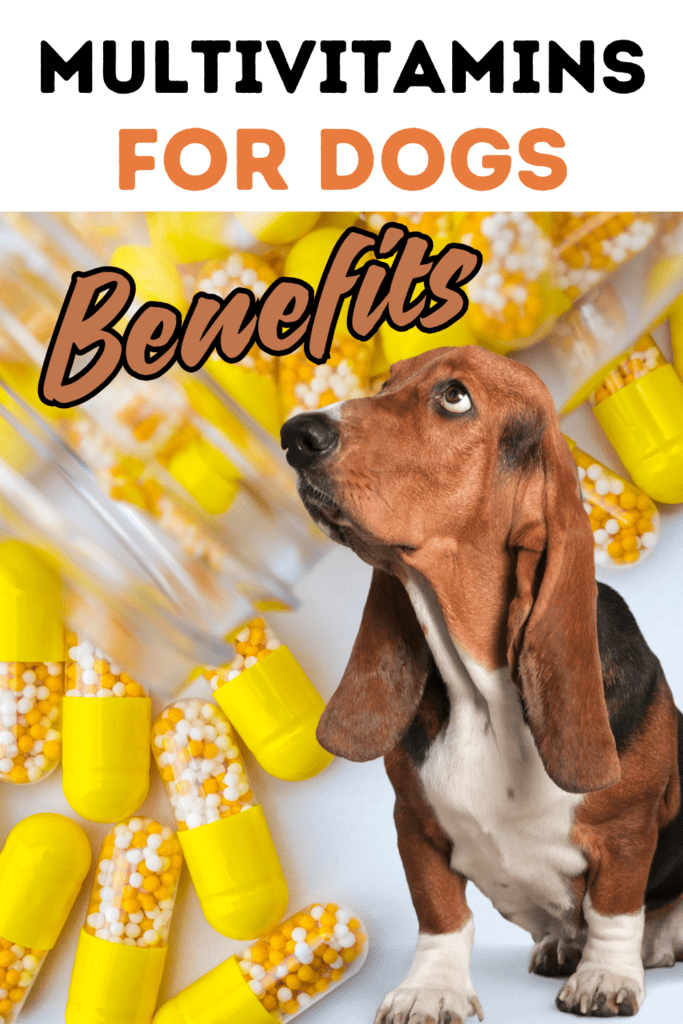
The Complete Guide to Multivitamins for Dogs: Benefits, Dosage, and Top-Rated Brands
Ensuring your dog gets the right nutrients is essential for their overall health and well-being. While a balanced diet is the foundation of good health, sometimes it’s necessary to supplement with multivitamins to address specific needs or deficiencies.
Best Foods for Your English Bulldog
Now that you know what types of food to include in your Bulldog’s diet, let’s look at some of the best dog foods for optimal health.
1. Royal Canin Bulldog Adult Formula
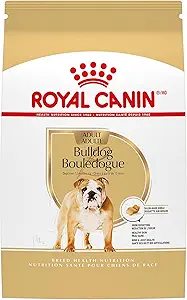
This dog food is specifically designed for Bulldogs. It contains balanced nutrients that cater to their needs, including high-quality protein and a unique blend of fibers to support digestion. The kibble shape is also customized to suit their brachycephalic (short-nosed) shape, making it easier to eat.
Pros:
- Specialized for Bulldogs
- Supports digestive health
- Balanced formula for overall well-being
Cons:
- Higher price point compared to regular brands
2. Hill’s Science Diet Adult Sensitive Stomach & Skin Chicken Recipe
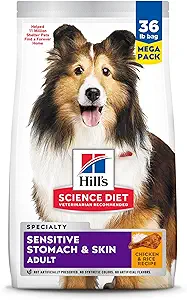
Ideal for Bulldogs with sensitive stomachs, this formula includes prebiotic fibers that support digestion. It also has high-quality protein and essential fatty acids to maintain skin health and a shiny coat.
Pros:
- Great for Bulldogs with sensitive stomachs
- Supports digestive health
- Promotes a healthy coat
Cons:
- May not be suitable for Bulldogs without stomach issues
3. Blue Buffalo Life Protection Formula
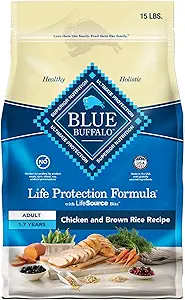
This food is a great option for Bulldogs needing a high-quality, well-rounded diet. It contains chicken, brown rice, and vegetables to provide protein and fiber. Plus, the added LifeSource Bits support immune system health and promote lean muscle development.
Pros:
- High-quality ingredients
- Supports immune health
- Includes omega-3 and omega-6 fatty acids
Cons:
- Some Bulldogs may not like the kibble shape
4. Wellness CORE RawRev High-Protein, Low-Carb
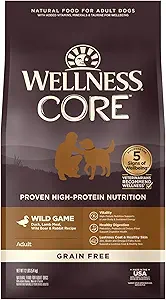
This grain-free food is perfect for Bulldogs who need a higher protein diet. It contains a mix of raw, freeze-dried meat, which helps promote muscle mass and provides essential nutrients for energy and health.
Pros:
- High protein content
- Grain-free formula
- Helps maintain lean muscle
Cons:
- May be too rich for Bulldogs with sensitive stomachs
5. Orijen Original Dry Dog Food
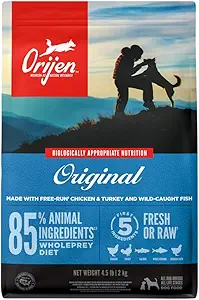
Orijen is known for using fresh, regional ingredients that mimic the natural diet of wild canines. This high-protein, grain-free option is packed with chicken, turkey, and fish, offering a balanced nutrient profile for your Bulldog.
Pros:
- High-quality, fresh ingredients
- Grain-free and protein-packed
- Promotes muscle health and energy
Cons:
- Expensive compared to other dog food brands
Portion Control: How Much to Feed Your Bulldog
Bulldogs are prone to weight gain, so portion control is essential. Start by following the feeding guidelines on your chosen dog food packaging. Most dog food brands provide a recommended amount based on your Bulldog’s weight and age. If your Bulldog is particularly active, they may need slightly more food, while less active Bulldogs may need less.
Use a measuring cup to ensure you’re feeding the right amount, and avoid free feeding (leaving food out all day). If your Bulldog begins to gain weight, reduce the portion size, and if they’re losing weight, you may need to increase it.
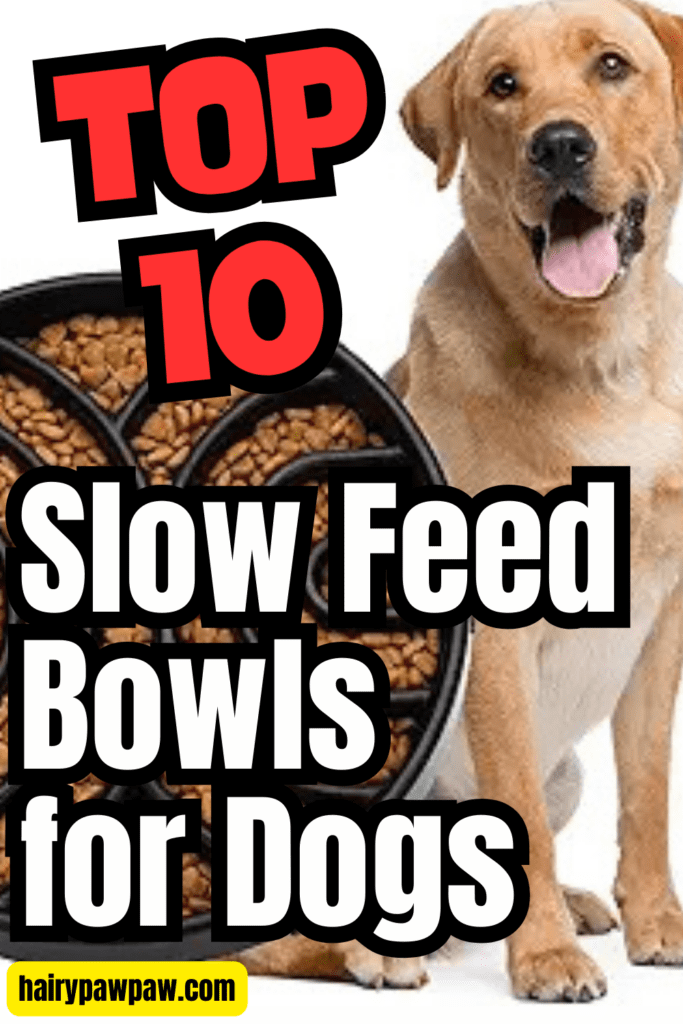
As dog owners, we love to see our furry friends enjoy mealtime. However, watching them gulp down their food in seconds can be alarming. Rapid eating not only poses a choking hazard but can also lead to serious health issues, including bloating and digestive problems. Fortunately, slow feed bowls provide a simple and effective solution to promote healthier eating habits.
Feeding Schedule: How Often Should You Feed Your Bulldog?
Most adult Bulldogs should be fed twice a day. Puppies, on the other hand, typically need three to four smaller meals each day due to their higher energy needs. Stick to a consistent feeding schedule to avoid overfeeding or underfeeding, and be sure to monitor their weight regularly.
Treats and Snacks
While treats are an excellent way to reward your Bulldog, you must be cautious with the amount you give. Too many treats can lead to weight gain and nutritional imbalance. Choose low-calorie treats, and consider offering vegetables like carrots or green beans, which are low in calories but high in nutrients. Always ensure that the treats you provide complement their regular diet.
Final Thoughts
Feeding your English Bulldog for optimal health requires providing a balanced diet with high-quality proteins, healthy fats, and fiber-rich carbohydrates. Choose foods that are specifically formulated for Bulldogs or have their needs in mind. Portion control, consistency, and feeding on a regular schedule are key factors in maintaining a healthy weight and preventing obesity-related health issues. With the right diet and care, your Bulldog will remain active, happy, and healthy for years to come.
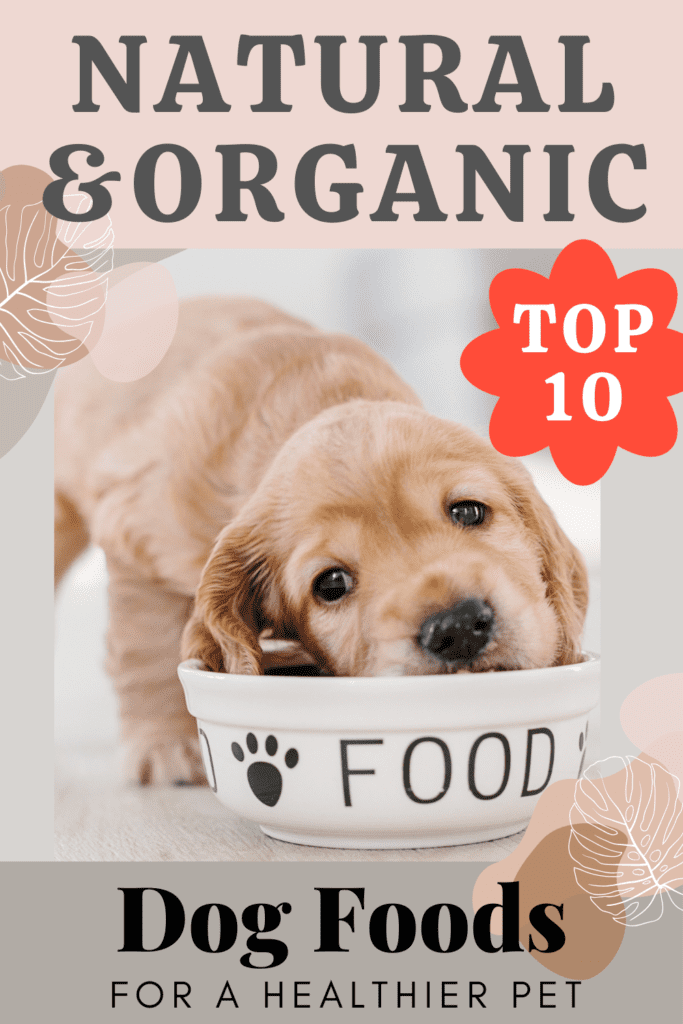
10 of the Best Natural and Organic Dog Foods for a Healthier Pet
Finding the best natural and organic dog food can significantly improve your pet’s overall health and well-being. With so many options available, choosing the right one might seem overwhelming. However, knowing which brands prioritize quality ingredients, free of harmful additives, can make the decision easier.

